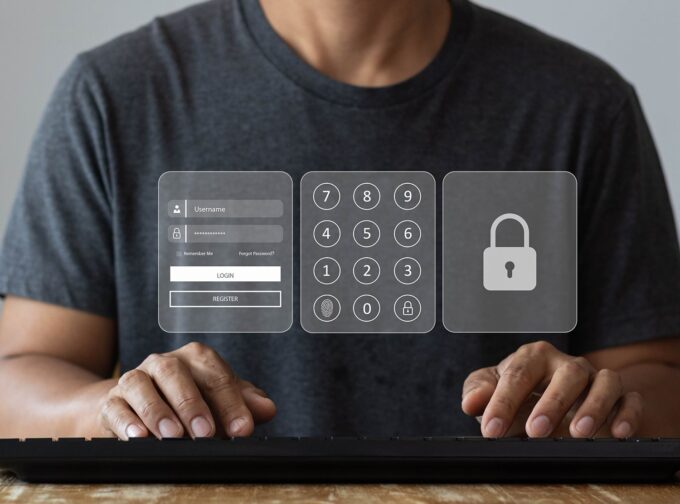Buying a house once meant long meetings with agents, physically visiting properties, and signing a mountain of paperwork. Now? A few clicks, a virtual tour, an electronic signature, and done. Sounds convenient.
But with convenience comes a price—cybersecurity threats that can turn a dream purchase into a financial nightmare.
The Silent Threats Lurking in the Shadows

Source: thehackernews.com
Hackers don’t care about your white-picket-fence dream. They care about exploiting the weak spots in online transactions.
And real estate, a high-value industry with plenty of personal data floating around, is a prime target.
Cybercriminals often create fake listings that mimic legitimate properties, such as Parktown Residence, deceiving potential buyers.
Phishing Scams
Imagine receiving an email from what looks like your real estate agent, asking you to wire your deposit.
The email address? One letter off from the real one. The bank account? Belongs to a scammer. By the time you notice, your money is long gone.
Title Fraud
Someone gains access to your personal data, forges documents, and takes out loans against a property they don’t even own. That someone isn’t a ghost—it’s a cybercriminal taking advantage of weak security measures.
Fake Listings
Beautiful house. Great price. Only one problem—it doesn’t exist. Scammers create listings, take deposits, then vanish. You’re left waiting for a key to a house that was never on the market.
Online Transactions

Source: koreabizwire.com
The promise of buying property from the comfort of your home is tempting. But most real estate platforms don’t have the security infrastructure of a bank.
Many lack basic encryption. Others don’t verify the legitimacy of sellers. Fraudsters love this kind of environment.
Even legitimate transactions aren’t always safe. If you’re transferring hundreds of thousands of dollars online, one small security oversight can lead to disaster.
Fraudulent wire instructions, fake attorneys, or intercepted emails can reroute your funds into a hacker’s account within seconds.
How to Avoid Becoming a Victim
While the threats are real, you don’t have to hand over your life savings to criminals. A few precautions can significantly lower the risk.
1. Verify Every Contact
- Double-check email addresses, phone numbers, and domain names before transferring money.
- Call real estate agents directly using numbers found on official websites.
2. Use Secure Payment Methods
- Avoid wire transfers unless you have verified every single detail.
- Use escrow services whenever possible.
3. Enable Multi-Factor Authentication (MFA)

Source: kensington.com
- Real estate transactions involve sensitive information. Adding an extra layer of protection makes it harder for hackers to gain access.
4. Watch for Red Flags
- If an offer seems too good to be true, it probably is.
- Sudden pressure to make a payment? Scam alert.
- Unverified third parties in your transaction? Run.
The Future of Digital Real Estate Transactions

Source: daltxrealestate.com
The industry is moving fast. Blockchain technology promises a future with transparent, secure transactions, but that future isn’t quite here yet. AI fraud detection tools are improving, but scammers evolve just as quickly.
Real estate may be going digital, but blind trust in online platforms is a luxury no one can afford. Vigilance is the price of convenience. If you’re buying property online, security should be just as important as location, price, and square footage.
Click, But With Caution
Buying property online isn’t the enemy. Cybercriminals are. The key is awareness. If you’re going to invest in real estate through a screen, at least make sure you’re not handing over the keys to your financial future to a faceless hacker.



